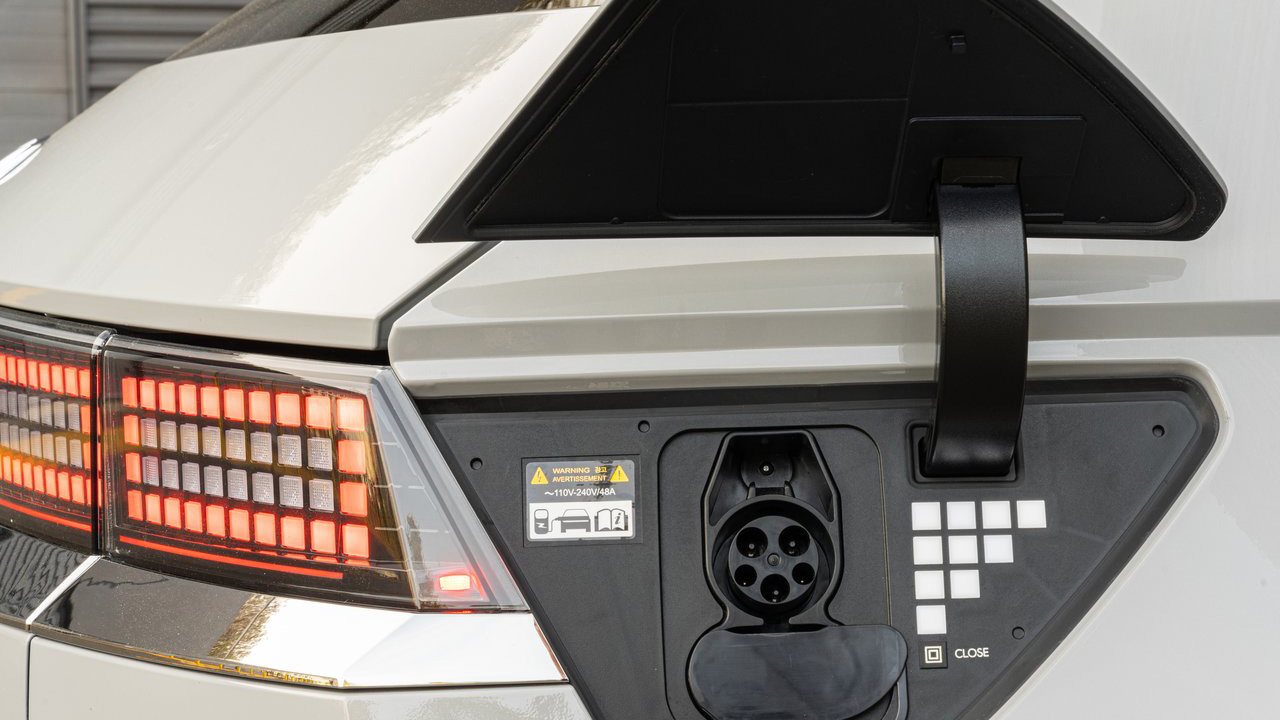Depending on the vehicle, customers were allegedly led to believe that charging would take between five to seven hours using a Level 2 home charger. According to the legal documents, the charging ports of the vehicles overheat, leading to the charging sequence failing. HB claims owners report a "protracted and burdensome charging process."
The legal firm claims that the main culprits are the Hyundai Ioniq 5 and Ioniq 6, Kia EV6, and Genesis GV60. To add insult to injury, the lawyers also claim that these manufacturers had full knowledge of the issue but continued selling these vehicles.
"Not only do Hyundai, Kia, and Genesis continue to sell vehicles that are clearly incapable of performing as advertised, they also issued a software patch which substantially worsens charging rates and widens the gap between what they promised and what they delivered," said Steve Berman, managing partner at Hagens Berman.
According to one plaintiff, it takes 20 hours to fully charge a 2023 Hyundai Ioniq 5. That works out to roughly 5% per hour, which is way off the 20% per hour it should be to charge within five hours.
"Car owners rely on them to drive to work, drop off their kids at school, and get to doctor's appointments. Unexpectedly finding a car with an uncharged battery in the morning causes serious disruption to people's lives and could have dire consequences in an emergency," Berman said. "These aren't hybrids. The battery charge is essential, and we believe the state of these EVs is simply unacceptable."
According to the complaints, these vehicles should be capable of charging at a rate of 48 amps, but owners report a rate closer to 28 amps. Hyundai issued a technical service bulletin in March this year, which was a software upgrade that lowered the charging rate to 23 amps to ensure the charging port doesn't overheat. We can see why the legal firm considers it a Band-Aid on a bullet wound, as the fix provided less than half the charge customers were promised.
In addition to not getting the promised charging rate, customers must constantly monitor their vehicles to ensure they're charging. The charging session expires automatically when the charging port overheats. This can happen in as little as 45 minutes, so owners could have to go through six to eight charging sessions per day.
There are currently three plaintiffs involved, located in New York, Georgia, and Florida. All of them own a 2023 Hyundai Ioniq 5, which is supposed to be one of the 10 fastest-charging EVs available in the USA.
HB is demanding a jury trial, most likely to make an example out of the South Korean manufacturers. The filing states that the lawyers are seeking "costs, restitution, damages including punitive damages, exemplary damages and treble damages, and disgorgement in an amount to be determined at trial."
Source: Carbuzz

